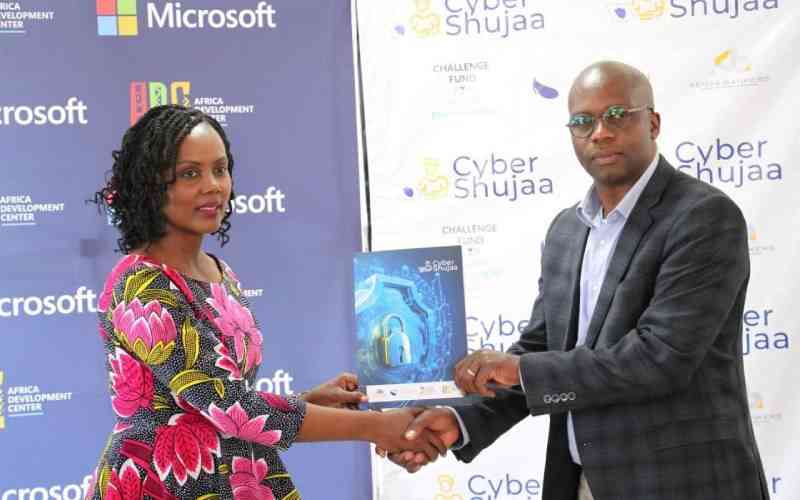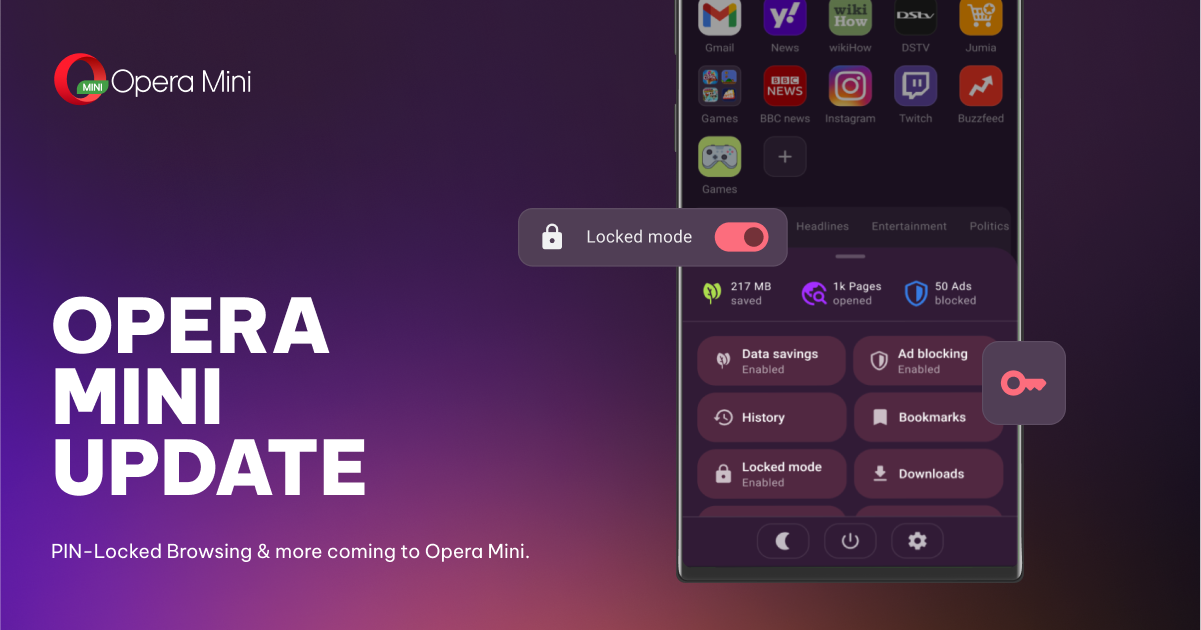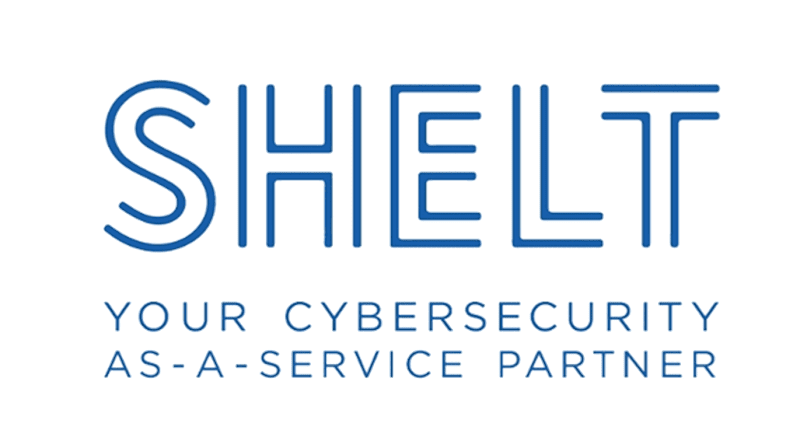The cyber threat landscape continues to develop, and ransomware and extortion will be lost in 2023 after two years of high but stable activity.
Hackers are attacking IT and physical supply chains, unleashing mass cyberattacks, and finding new ways to blackmail organisations of all sizes. As expected, customers and clients prioritise cyber risk in the annual Allianz Risk Barometer study.
In 2023, ransomware claims increased by over 50%. Ransomware-as-a-Service (RaaS) kits, which cost as little as $40, have contributed to the rise in attacks. Gangs also execute attacks faster, averaging four days compared to 60 in 2019.
Nowadays, most ransomware attacks steal personal or sensitive commercial data, increasing their cost, complexity, and reputational risk. Allianz Commercial, a worldwide insurer, found that data exfiltration is tripling from 40% in 2019 to over 80% in 2022, with activity in 2023 tracking even higher.
The cat-and-mouse game of protecting an organisation from penetration favours cyber criminals. Threat actors are studying ways to automate and accelerate attacks with AI to create more effective malware and phishing. With the rise of linked mobile devices and 5G-enabled IoT, cyberattacks are projected to accelerate.
Read also: Cybercriminals take advantage of Black Friday with fake stores
Cybercriminals’ methods evolve with technology. Cyberattacks increased in 2024, becoming more complex and widespread. Allianz’s worldwide risk engineers monitor the cyber scene to help organisations mitigate new threats. These threats are on our radar:
The power of AI (to accelerate cyber-attacks)
It has come to my attention that AI-powered language models, such as ChatGPT, are being utilised by threat actors to generate code. Generative AI has the potential to assist individuals with limited expertise in the field of cybersecurity in developing fresh versions and variations of existing ransomware. This could lead to a rise in the number of attacks they can carry out. Given the evolving landscape of cybersecurity threats, we must reinforce our defences against the potential rise of AI-powered attacks.
Voice simulation software has emerged as a potent tool for cybercriminals. There was an incident involving the CEO of a British energy provider who fell victim to a scam. They transferred approximately US$250,000 to a fraudster after receiving a call from someone claiming to be the head of the unit’s parent company. The caller requested the CEO to wire money to a supposed supplier. The voice was created using artificial intelligence. There is a concerning trend where deepfake video technology, initially created and marketed for malicious phishing scams, is now available on the internet at shockingly affordable prices, starting as low as US$20 per minute.
There is a silver lining to this situation. There may be an increase in AI-enabled incidents in the future. However, the implementation of AI-supported detection systems should aid in the early identification of such incidents.
Mobile devices expose personal and business data.
Cybercriminals like smartphones, tablets, and computers with lax security and personal and business data. Poor mobile device cybersecurity has generated more occurrences for Allianz Commercial. Many companies authorised private device access to their corporate network without multi-factor authentication during the pandemic. This caused multiple successful cyberattacks and substantial insurance claims.
Criminals target mobile devices with malware to obtain remote access, steal login credentials, or spread ransomware. Personal gadgets have weaker security. Public wi-fi can expose such gadgets to social media phishing attacks.
Since 5G will power more connected devices, including sophisticated applications like autonomous cars and smart cities, it could cause problems if not appropriately regulated. Many IoT devices are easily discoverable, have poor cyber security, and lack MFA measures, which, together with AI, pose a severe cyber danger. Devices with default passwords are still online.
Cyber security skills shortage affects the cost and frequency of incidents.
Managing cybersecurity efforts will become more challenging due to a growing shortage of professionals. As an IT project manager, it’s essential to be aware of the current global cybersecurity workforce gap, which currently stands at over four million people. The demand for cyber security professionals is growing twice the supply rate, highlighting the urgent need for skilled individuals. According to Gartner, over half of significant cyber incidents by 2025 will be attributed to a talent shortage or human error.
Due to the rapid advancements in technology, there is a shortage of skilled individuals to address the growing number of threats effectively. Getting skilled cyber security engineers is a significant challenge, leaving companies vulnerable to cyber events.
Having a team of skilled personnel is crucial for effectively predicting and preventing incidents, ultimately minimising potential losses in the future. Like an IT project manager, the scarcity of cyber security experts also impacts the financial implications of an incident.
According to the IBM Cost of a Data Breach Report 2023, organisations facing a shortage of security skills, experienced an average data breach cost of US$5.36mn, approximately 20% higher than the overall average cost.
Emerging cyber risks require early detection.
Preventing cyberattacks is more complex and riskier. Thus, early detection and response systems are becoming increasingly vital.
An unnoticed network gap could be your Achilles heel. Without efficient early detection technologies, unplanned downtime, additional costs, and a more significant impact on customers, revenue, profitability, and reputation might result.
IT security budgets are mostly spent on prevention, with 35% on detection and response.
Undiscovered intrusions can swiftly expand, and once data is encrypted and stolen, expenses can skyrocket—1,000 times higher. The difference between a €20,000 and € 20 loss.
Future investments for most companies will include detecting tools. Early identification and good response will reduce cyber-attack damage and preserve the cyber insurance business.











